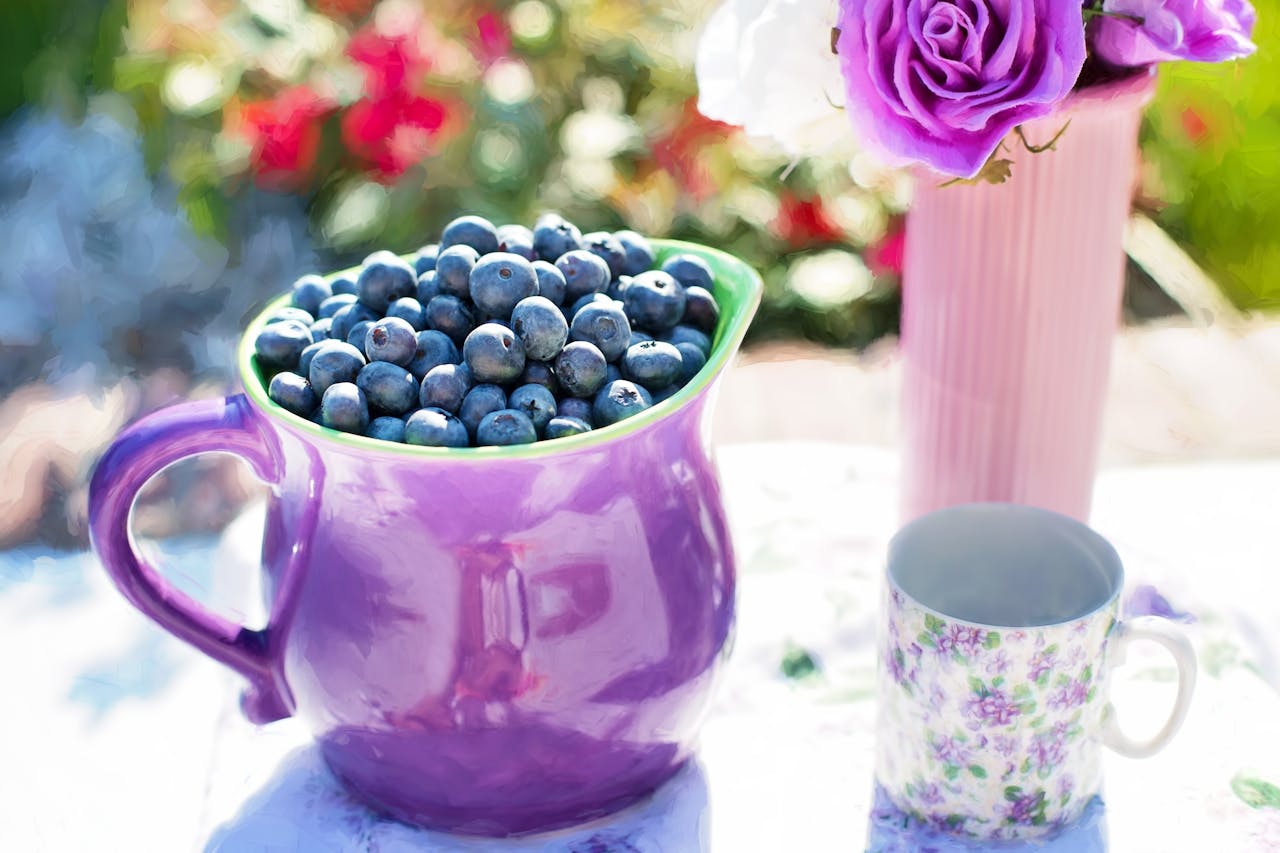The Ultimate Guide to Healthy Eating: Building a Balanced Diet
Eating a balanced diet is essential for maintaining optimal health and preventing chronic diseases. In this guide, we’ll explore the key components of a healthy diet and how to incorporate them into your daily life.
1. Understand the Food Groups
There are five main food groups: fruits, vegetables, grains, protein, and dairy. Each group provides essential nutrients that your body needs to function properly. Aim to include a variety of foods from each group in your meals.
2. Focus on Whole Foods
Whole foods are minimally processed and free from artificial ingredients. These include fresh fruits, vegetables, whole grains, lean proteins, and healthy fats. Prioritize whole foods to ensure you’re getting the most nutrients.
3. Fill Half Your Plate with Fruits and Vegetables
Fruits and vegetables are rich in vitamins, minerals, and antioxidants. Aim to fill half your plate with these nutrient-dense foods to enhance your meals and support your health.
4. Choose Healthy Fats
Incorporate healthy fats into your diet, such as avocados, nuts, seeds, and olive oil. These fats support brain health, reduce inflammation, and keep you feeling full.
5. Opt for Whole Grains
Whole grains, such as brown rice, quinoa, and whole wheat bread, are higher in fiber and nutrients compared to refined grains. Choose whole grains to improve digestion and sustain energy levels.
6. Include Lean Proteins
Protein is essential for muscle growth and repair. Incorporate lean sources of protein such as chicken, turkey, fish, beans, and legumes into your meals to support your dietary needs.
7. Stay Hydrated
Water is vital for overall health. Aim to drink at least 8 cups (2 liters) of water daily, and consider herbal teas or infused water for variety. Staying hydrated helps digestion and keeps your energy levels up.
8. Practice Portion Control
Understanding portion sizes can help prevent overeating. Use smaller plates and bowls, and pay attention to hunger cues to avoid consuming excess calories.
9. Limit Added Sugars and Processed Foods
Reduce your intake of added sugars and highly processed foods that can lead to weight gain and health issues. Check food labels for hidden sugars and choose natural sweeteners when possible.
10. Plan Your Meals
Meal planning can help you make healthier choices and save time. Prepare a weekly meal plan, create a shopping list, and cook in batches to ensure you always have healthy options available.
Conclusion
Building a balanced diet takes time and effort, but the health benefits are worth it. By following these guidelines, you can improve your nutrition, enhance your overall well-being, and create lasting habits for a healthier lifestyle.

